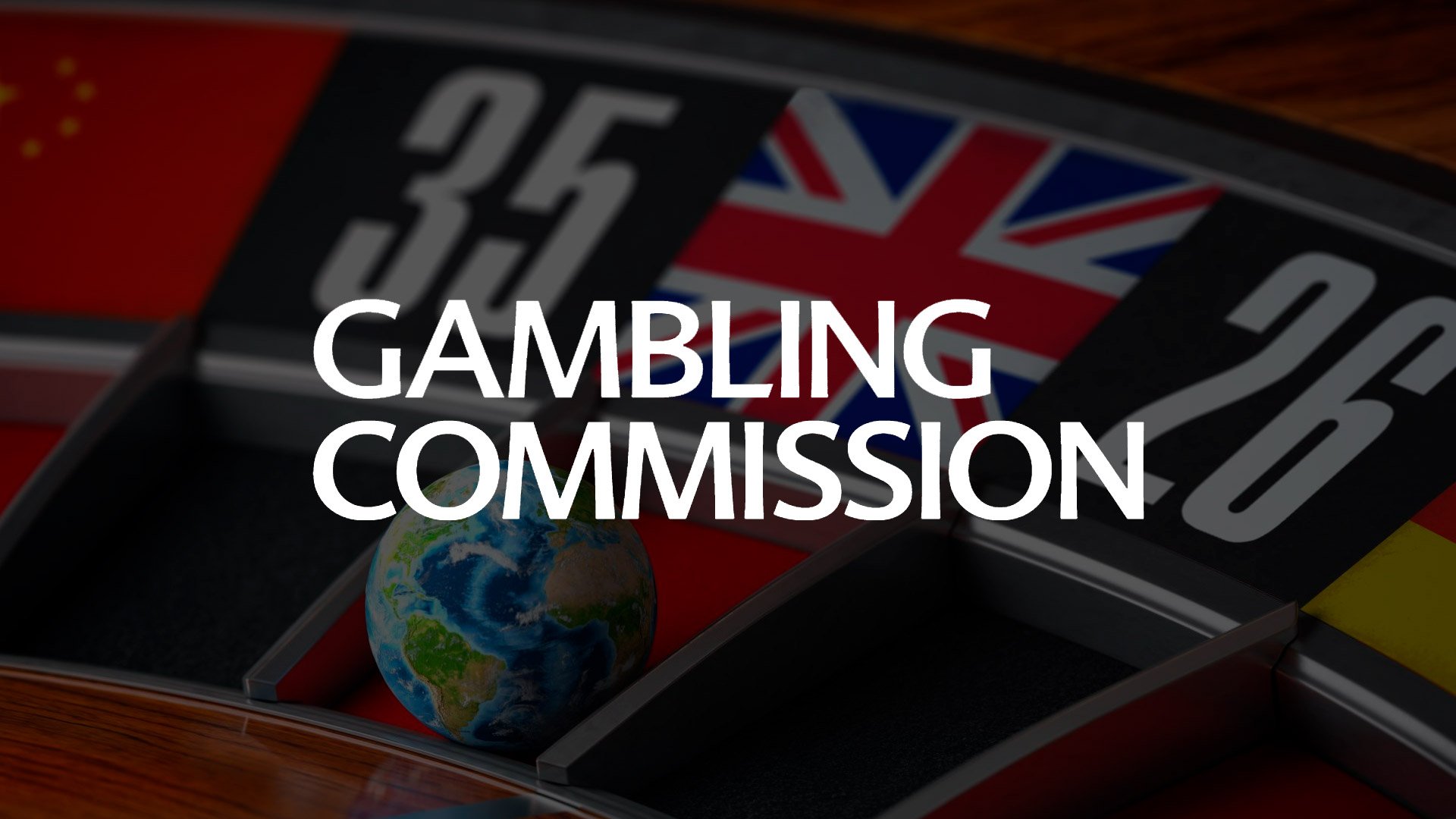The future of digital gaming: Latin America's online gambling revolution

As the region embraces technological advancement and regulatory reform, Latin America's online gambling market is poised for unprecedented growth through 2025 and beyond. You'll discover how evolving legislation, increasing internet penetration and rising disposable incomes create lucrative opportunities across multiple jurisdictions, with projected revenues reaching $12 billion by 2028.
The transformation of Latin America's gambling landscape represents a significant shift in how millions of people engage with digital gaming platforms. This evolution is reshaping industry standards while creating substantial opportunities for operators, developers, and investors throughout the region. As we examine the key drivers of this transformation, a clear picture emerges of a market at the cusp of extraordinary expansion.
Regulatory milestones and market access
The regulatory environment across Latin America continues to evolve, with several countries implementing comprehensive frameworks for online gambling operations. Brazil's recent milestone of authorizing 71 operators for casinos online en Latinoamérica demonstrates the region's commitment to regulated gaming, as highlighted by onlinecasinolatino.com's extensive coverage of market developments.
Colombia's successful regulatory model has inspired neighboring countries to develop similar frameworks, fostering a more structured and transparent gaming environment. Mexico's gaming legislation updates and Peru's rapid licensing program further exemplify the region's progressive approach to market regulation.
These developments have created a robust foundation for sustainable industry growth while ensuring consumer protection and market stability. The implementation of standardized compliance protocols has streamlined market entry processes while maintaining high operational standards.
Market growth and investment opportunities
Building on this regulatory foundation, Brazil's emergence as a potential top-three global gambling market by 2025 highlights the region's extraordinary growth trajectory. With projected revenues of $6.7 billion by 2028, Brazil represents the largest opportunity in Latin America. Strategic partnerships between international operators and local entities have proven crucial for market penetration.
Increasing smartphone adoption and internet accessibility continue driving digital engagement across the region. The success of early movers in regulated markets has attracted significant investment, creating a competitive landscape that benefits both operators and consumers.
Mexico's market is expected to reach $2 billion by 2028, while Colombia and Peru continue showing strong growth potential. Investment in infrastructure and platform development has accelerated, with major operators allocating substantial resources to regional expansion initiatives.
Argentina's digital gaming evolution
Argentina's online gambling market presents a compelling case study in market development, with casinos online Argentina experiencing remarkable growth despite regulatory complexities. Each province maintains authority over gambling activities, creating a diverse landscape of opportunities and challenges.
Buenos Aires Province, the country's largest jurisdiction, has established a comprehensive framework for digital gaming that serves as a blueprint for other regions. The proliferation of mejores casinos online Argentina has attracted international operators seeking to capitalize on the country's sophisticated gaming market and tech-savvy population.
Recent regulatory developments have streamlined licensing procedures, while enhanced consumer protection measures have strengthened market integrity. The integration of local payment solutions and implementation of responsible gaming protocols have further legitimized the sector, contributing to sustained growth in player engagement and revenue generation.
Cross-border collaboration and market integration
As markets mature across the region, cross-border cooperation has emerged as a crucial factor in sustainable growth. Operators leveraging multi-jurisdictional presence benefit from economies of scale while adapting to local preferences and regulatory requirements.
The standardization of compliance protocols and responsible gaming practices has facilitated market entry and operational efficiency. Knowledge sharing between regulatory bodies has accelerated the development of effective oversight mechanisms. Industry associations have become vital platforms for dialogue between stakeholders.
Cross-border payment solutions and technology sharing agreements have enhanced operational efficiency, while collaborative responsible gaming initiatives have strengthened consumer protection across the region. These partnerships have proven particularly valuable in combating illegal operators and promoting sustainable industry growth.
Technological innovation and digital infrastructure
Rapid technological advancement drives Latin America's gaming sector evolution. Mobile-first solutions, cryptocurrency payment options, and AI-driven personalization are transforming user experiences across all markets. Payment integration systems have evolved to accommodate local preferences, with solutions like PIX in Brazil and PSE in Colombia facilitating seamless transactions.
Cloud gaming technologies have revolutionized platform performance and scalability, while data analytics tools enable operators to optimize their offerings and marketing strategies. Live dealer games have gained particular traction, while sports betting platforms capitalize on the region's passionate sporting culture.
Security measures and responsible gaming tools now provide enhanced player protection and platform credibility, creating a foundation for sustainable growth. These technological advancements continue to drive market expansion and user engagement.
Innovation and Player Experience Enhancement
The competitive landscape has driven continuous innovation in product offerings and user experience. Artificial intelligence and machine learning applications optimize game performance and personalization, while blockchain technology enhances transaction security and transparency. Virtual and augmented reality implementations are beginning to reshape how players interact with digital gaming platforms.
Operators have invested significantly in developing localized content that resonates with Latin American audiences, including region-specific game themes, language options, and cultural references. The integration of social gaming elements and tournament features has created community-driven experiences that extend beyond traditional casino games.
Mobile optimization remains a priority, with operators developing sophisticated apps that offer seamless gaming experiences. Advanced analytics tools enable real-time monitoring of player behavior and preferences, allowing operators to refine their offerings and marketing strategies continuously.
Sustainable growth and social responsibility
The implementation of comprehensive responsible gaming programs has become a cornerstone of market development. Operators are deploying sophisticated tools for player protection, including self-exclusion programs, deposit limits, and reality checks as standard features across platforms.
Artificial intelligence tools now help identify problematic gambling patterns and enable proactive intervention. Educational initiatives focus on promoting responsible gambling behaviors and raising awareness about potential risks. Environmental considerations have gained importance, with operators adopting sustainable practices in their operations.
Community engagement programs demonstrate the industry's commitment to positive social impact, while partnerships with addiction prevention organizations strengthen support networks. These initiatives contribute to the sector's long-term sustainability while building public trust and regulatory confidence.
Economic impact and future prospects
The transformation of Latin America's online gambling sector has generated significant economic benefits beyond direct gaming revenues. The industry's expansion has spurred investment in digital infrastructure and payment systems, benefiting the broader digital economy. Training programs and professional development initiatives are creating new career opportunities in technology, compliance, and customer service.
As regulatory frameworks continue to mature and consumer confidence grows, the sector is positioned for sustained expansion. The integration of innovative technologies and commitment to responsible operations will drive future growth, establishing Latin America as a leading force in the global gaming industry. Market projections indicate continued strong performance through 2028 and beyond.
The convergence of robust regulatory frameworks, technological innovation, and responsible gaming practices positions Latin America as a key player in the global gaming landscape. With established markets continuing to mature and new jurisdictions opening up, the region offers unprecedented opportunities for operators, technology providers, and investors who are prepared to contribute to its digital gaming evolution.















































